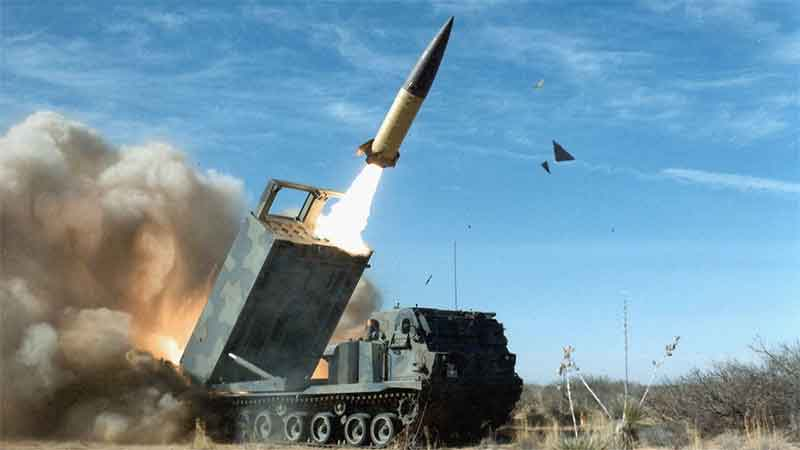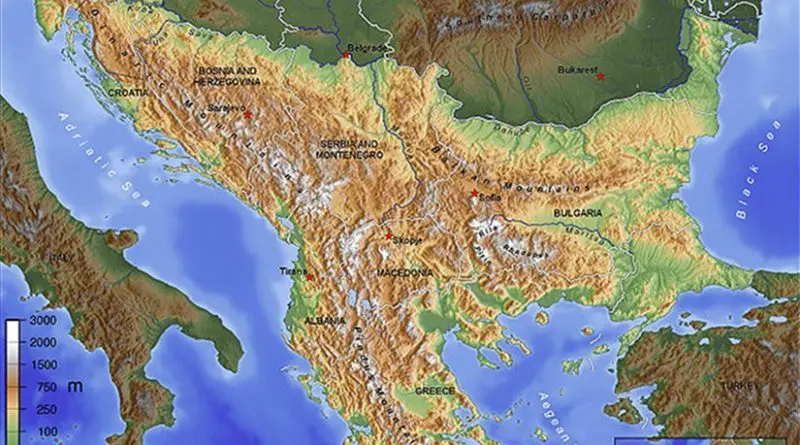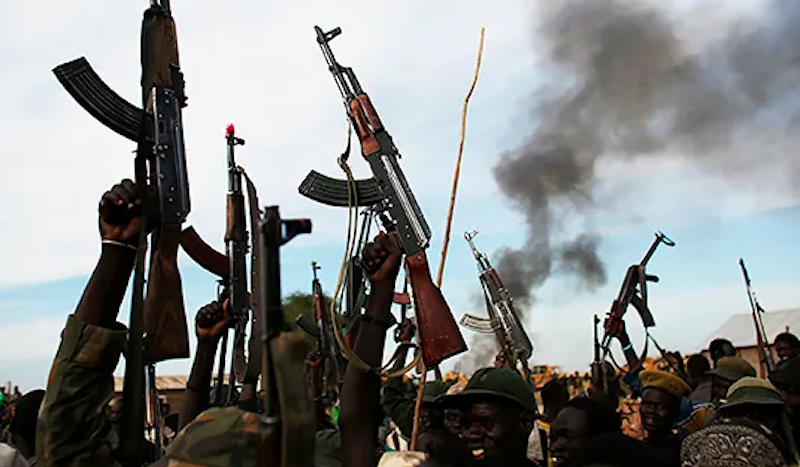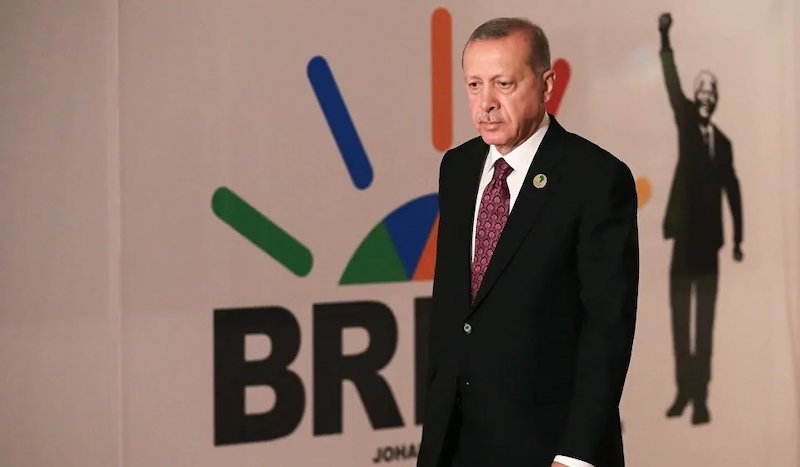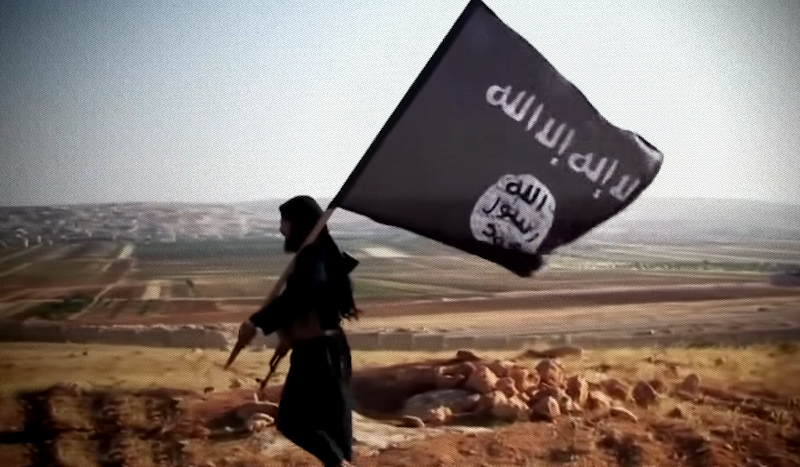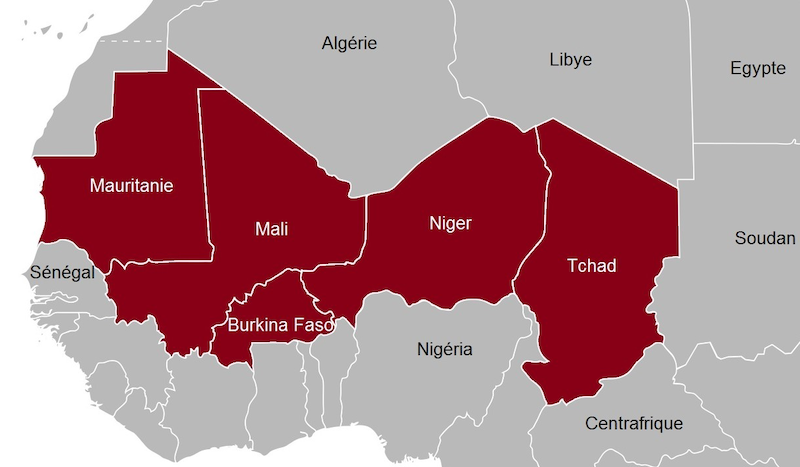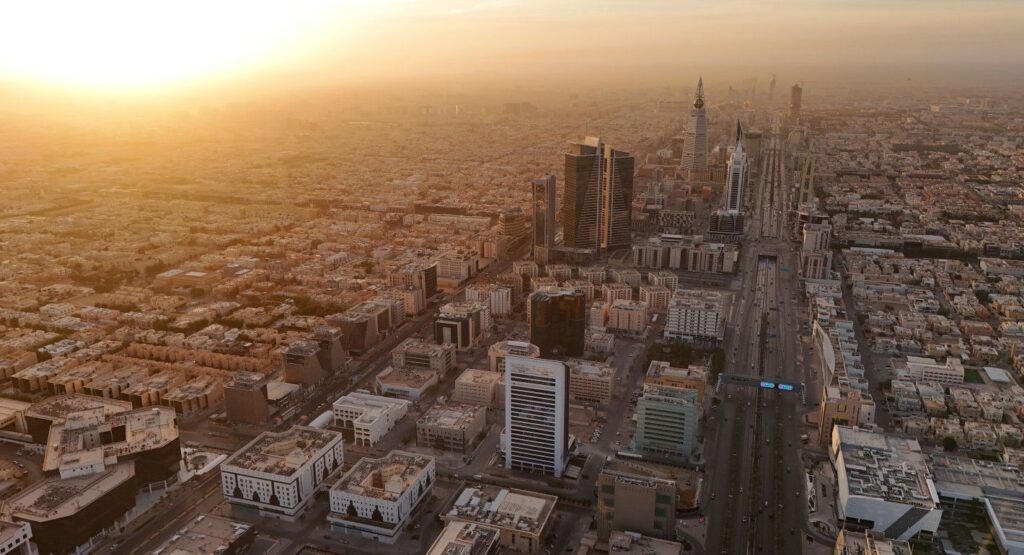Authorizing NATO weapons strikes in Russia, US prepares major escalation of global war
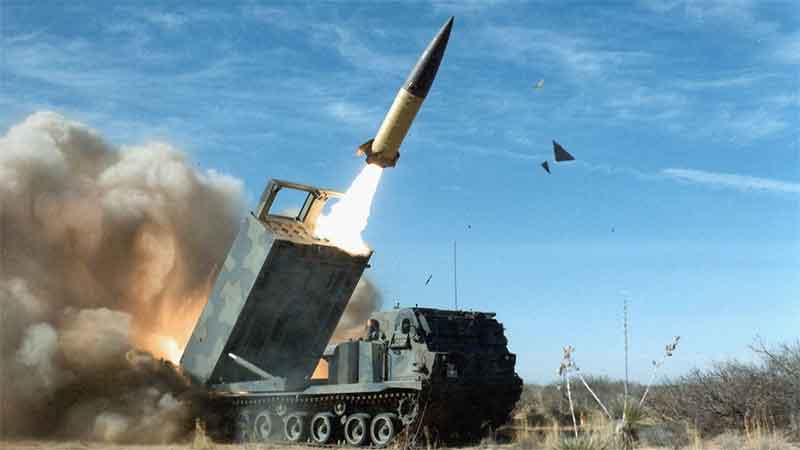
The United States and the UK are preparing to announce imminently that they will facilitate Ukraine firing NATO weapons deep into Russian territory, in the greatest escalation of the war with Russia to date.
Within a matter of days after the announcement, long-range missiles produced by the NATO powers, and provided with targeting data from NATO countries, could be raining down on Russian cities, clearly crossing a threshold set by Russian military doctrine for retaliation with nuclear weapons.


